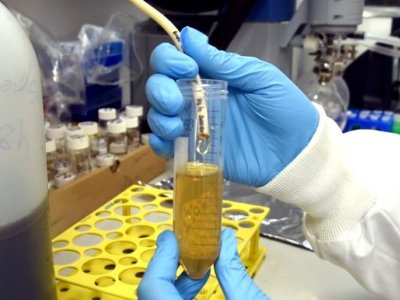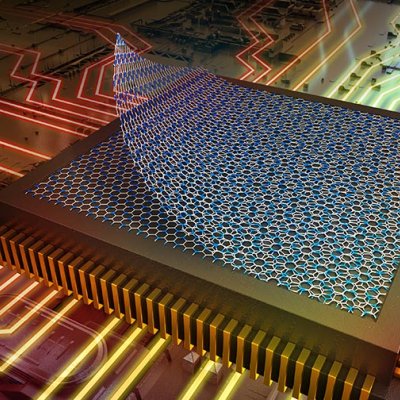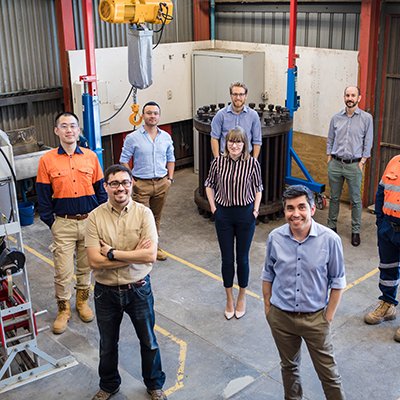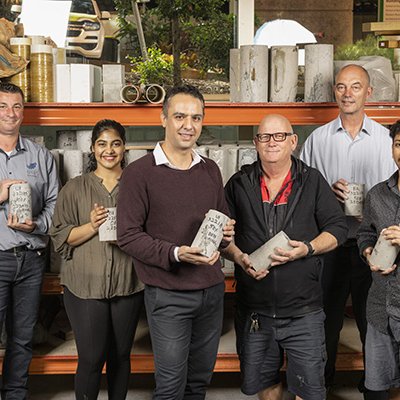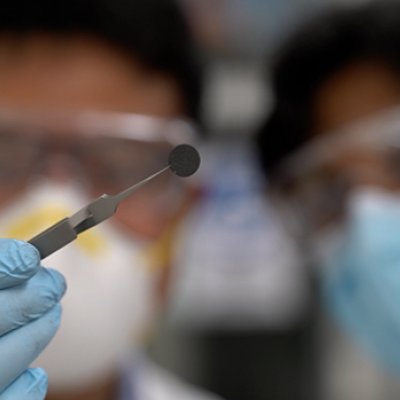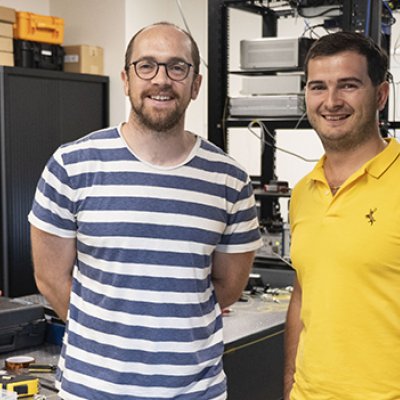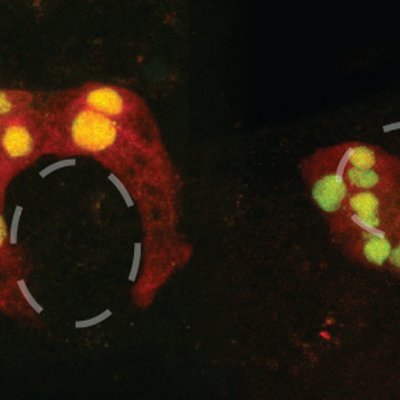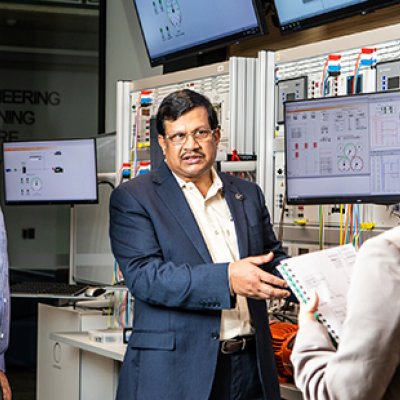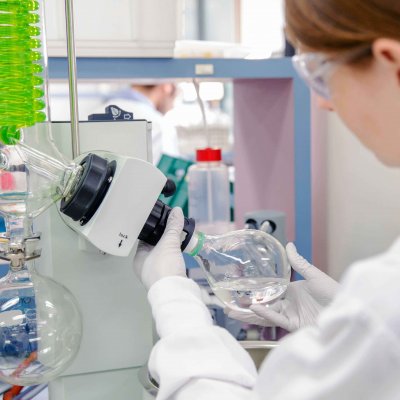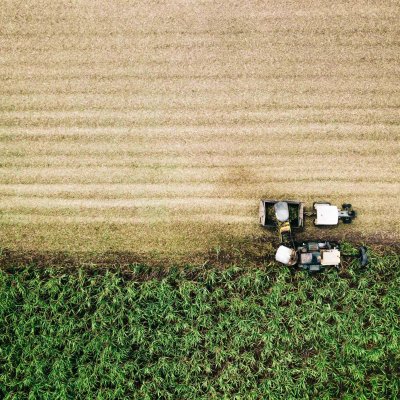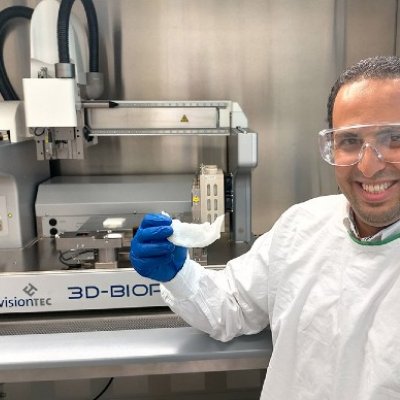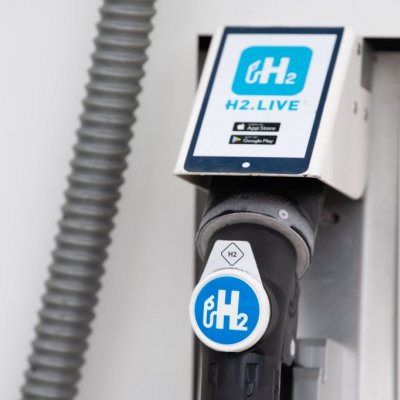Harvesting plants that can absorb metal from the ground may offer a sustainable solution for mining and rehabilitation according to research underway at The University of Queensland.
12 August 2021The Australian Research Council (ARC) has awarded seven Future Fellowships to University of Queensland researchers.
12 August 2021As silicon-based technology reaches its absolute limits, a material engineered by University of Queensland researchers could herald the next generation of electronics with more memory, faster speeds and advanced features.
8 July 2021It’s not easy to predict how rock will fracture when exposed to a blast hundreds of metres below the earth’s surface, but a piece of experimental equipment will take away the guess work for The University of Queensland’s blasting and fragmentation...
13 June 2021Crushed wine bottles and other recycled glass could replace sand in vital tunnelling supports, cutting construction costs and improving the sustainability of mining.
31 May 2021Faster-charging and more sustainable batteries with a life up to three times greater than lithium ion are being built with technology developed at The University of Queensland.
23 April 2021Optics researchers from The University of Queensland and Nokia Bell Labs in the US have developed a new technique to demonstrate the time reversal of optical waves, which could transform the fields of advanced biomedical imaging and...
14 December 2020The chain of command inside human cells is similar to the way a factory is run, two University of Queensland researchers say.
14 December 2020A new facility that will enhance global knowledge on electricity networks by focusing on power system analytics, energy management and microgrids, has been officially launched at The University of Queensland.
3 November 2020Queensland has the highest regional MDMA consumption in Australia and the second highest of cocaine and methyl amphetamine, according to a report released by the Australian Criminal Intelligence Commission today.
29 October 2020The numbers – and the engineering – may stack up for the Bradfield Scheme, according to final-year civil engineering students from The University of Queensland.
28 October 2020Final-year chemical engineering students at The University of Queensland are investigating how sugarcane can be used as a clean energy source to create hydrogen.
23 October 2020A technological advancement that has the potential to stimulate bone formation inside the human body has been developed by University of Queensland researchers.
15 October 2020The University of Queensland will add two hydrogen fuel cell buses to its fleet by 2022, expected to be the first of their kind in the state.
2 October 2020The University of Queensland has partnered with IBM Australia to launch a Centre of Excellence which will support researchers working across health, manufacturing and environmental sciences.
22 September 2020- ‹ newer articles
- 6 of 27
- older articles ›
